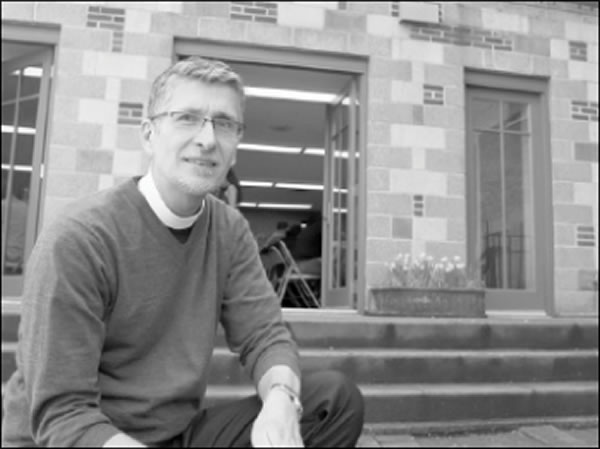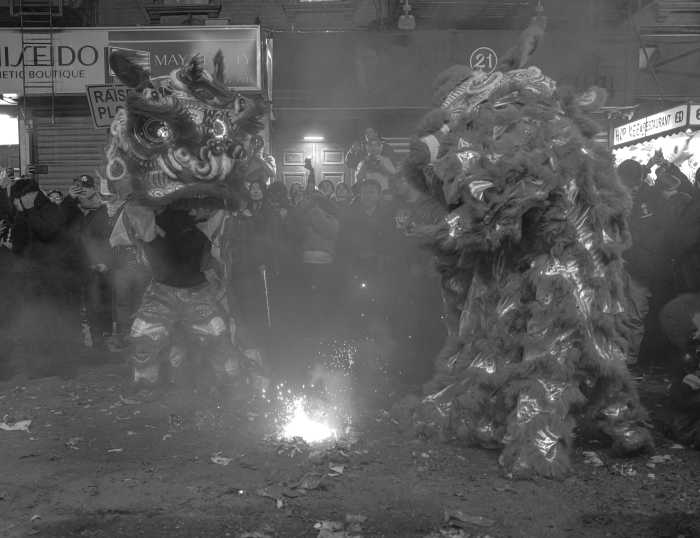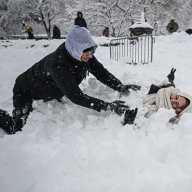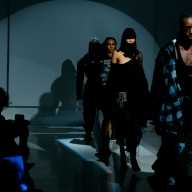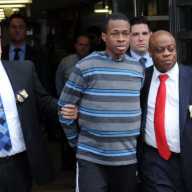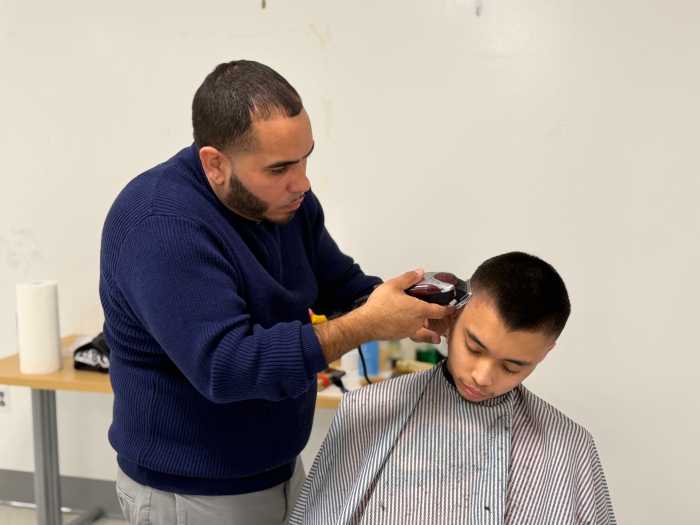By Aidan Gardiner
The amendment that protects religious institutions from obligations to recognize same-sex marriages helped secure the passage of the marriage equality bill through the New York State Senate, but now has religious institutions in the Village, and throughout the state, grappling with how to handle the new legislation.
For the most part, religious institutions fall along ideological divides, with traditionally conservative groups continuing to prohibit gay marriages, and more progressive ones working to knit them into their normal services. Other congregations have not altered their policies because the legislation is still new and they don’t know how to respond.
Some, like the Episcopalian Grace Church, at 10th St. and Broadway, are trying to find a middle path that at once embraces the commitments L.G.B.T.Q. members of their congregation may make with one another, and maintains the distinction between those and what they see as traditional marriages between a man and a woman.
“Let’s find a way to celebrate it,” said Reverend Don Waring, rector of Grace Church. “Let’s find a way to provide all the support we can for a gay couple who intend to love each other exclusively for the rest of their lives. But let’s not try to say that it’s the same thing.”
The Episcopal Church is a conservative institution compared to some of its radical religious counterparts, but it’s still more progressive than the Catholic Church, which has long been an outspoken opponent of same-sex marriage.
According to Waring, the Episcopal bishop of New York permits rectors to exercise their own discretion in conferring religious blessings on same-sex couples who have been civilly married. Waring said he hasn’t performed such a ceremony because the situation hasn’t yet presented itself to him.
“We are still sort of in no-man’s land, trying to figure out what sort of blessings to provide, what language to use,” he said.
“We celebrate the passage of the marriage equality act and the equal rights for gay couples under the law in the civil sphere,” Waring added. “In the church sphere, we’re moving in step with the diocese of New York, which is: We’re all still trying to figure this out.”
The Catholic Church was one of the foremost opponents of same-sex marriage, but was unable stymie this latest effort as ongoing pedophilic sex scandals among its clergy tainted its once-formidable influence in Albany. However, the Church continues to prohibit same-sex marriages throughout the Village and the state.
“It’s Catholic doctrine. It’s not a pastoral decision,” said Pastor Bernard Panczuk of St. George Ukrainian Catholic Church at Third Ave. and E. Seventh St. “If a pastor doesn’t follow the doctrine, he’ll be out of a job. He doesn’t deserve to be a priest in that organization.”
Other Protestant churches practice Christianity like the Catholic and Episcopal Churches, but exercise far more pastoral discretion, allowing some to establish L.G.B.T.Q. enclaves within the faith. Pastor Phil Trzynka of Trinity Lower East Side, a Lutheran parish at Avenue B and E. Ninth St., which promotes itself as an L.G.B.T.Q.-friendly church, will offer his services for same-sex marriage free of charge for the next year.
Trzynka said that he initially got the idea to perform the free marriages during the discussions in the state Senate around the religious exemption, which seemed to give the impression that all religious organizations opposed same-sex marriage.
“I wanted to put it out there that that’s not the way it is,” he said. “There are a lot of churches, including us, that want to say to L.G.B.T.Q. couples, ‘We’d love to have you here. We’d love to perform the ceremony for you.’ ”
Trzynka hopes to civilly marry his partner later this year.
Other organizations like Trinity are working new provisions into their already-progressive services. Congregation Beth Simchat Torah, a synagogue that has long been committed to L.G.B.T.Q. equality and has performed same-sex marriages for decades, is reaching out to its membership to take advantage of the new legislation.
“We’ve already had many people coming in, calling in, requesting, and right now we’re in the midst of setting our policies so that we can meet everybody’s needs,” said Rachel Weiss, a rabbi at C.B.S.T. “This is a really exciting moment for our community — for the Jewish community, for the L.G.B.T.Q. community, for the New York community. It’s a big mazel tov to everybody.”



